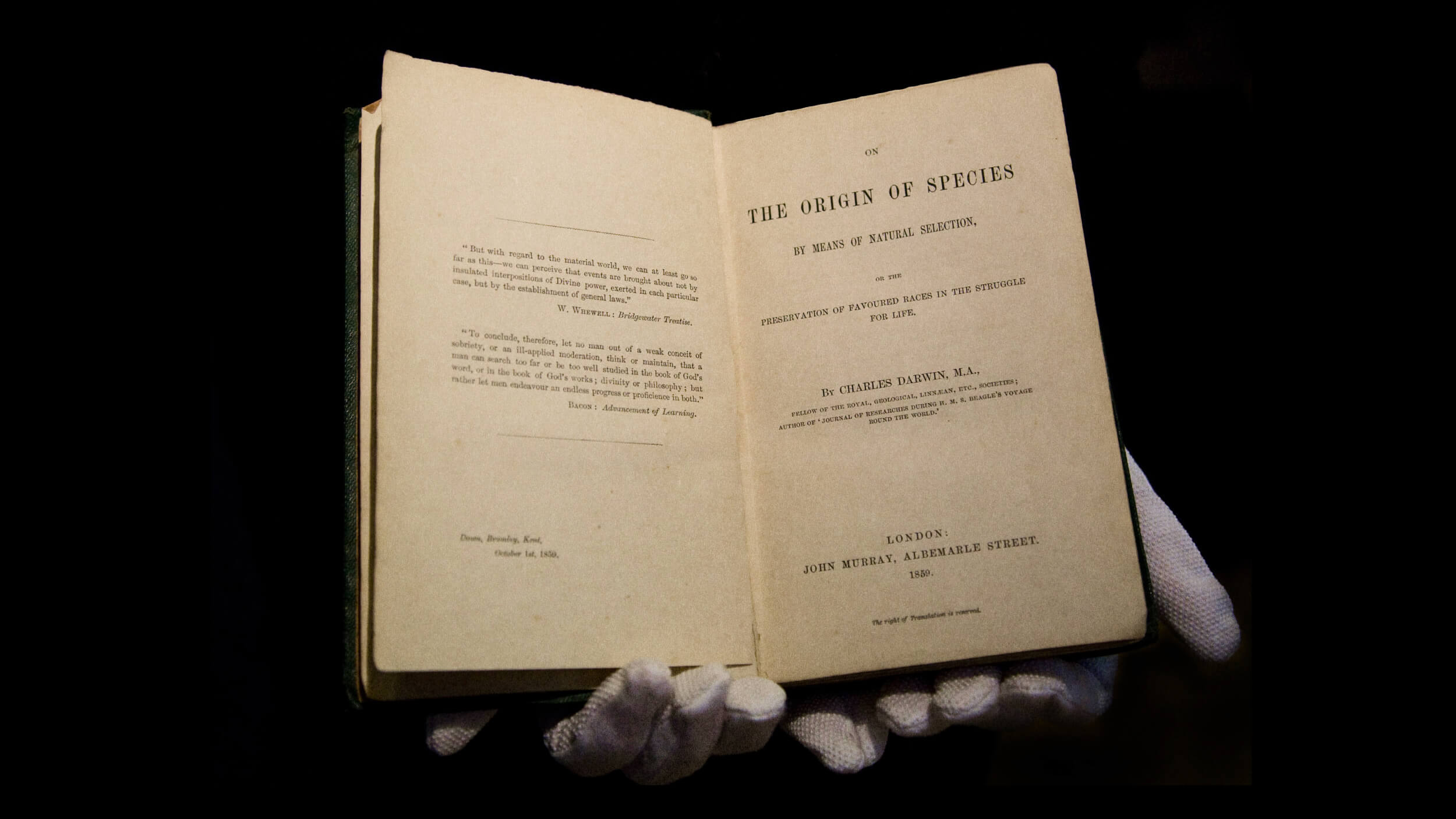In this selection from his Floating University lecture, “Standing on the Shoulders of Giants: The Essential Value of a Classic Education,” Jeffrey Brenzel, Philosopher and Dean of Undergraduate Admissions at Yale University develops five criteria for identifying what makes a “classic.”
Jeffrey Brenzel: I’d like to give you five reasons, five rough and ready criteria for identifying a classic of literature or philosophy or politics. Now no one or two of these criteria are going to be decisive, but I think if you put them all together they’re going to prove actually to be quite useful.
First, the work addresses permanent concerns about the human condition. From a philosophical perspective it has something to say about the way we should live. From a literary perspective, it has something to say about imagining the possibilities for how we could live and from a historical perspective it tells us how we have lived. So that’s mark number one of a classic.
Mark number two is that the work has been a game-changer. It has created profound shifts in perspective and not only for its earliest readers, but for all the readers who came later as well.
Mark number three is that the work has stimulated or informed or influenced many other important works, whether directly or indirectly. Mark number four is that many generations of the best readers and the most expert critics have rated the work highly, one of the best or most important of its kind, even if those experts and readers shared no other views than that and even if they violently disagreed with the work.
Mark number five is that the work usually requires a strenuous effort to engage and understand, but it also rewards the hard work strongly and in multiple fashions.





